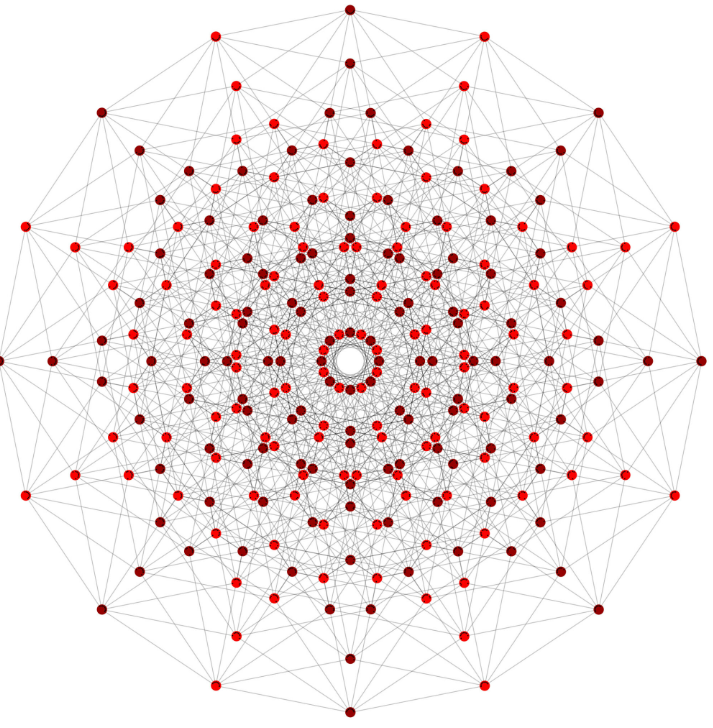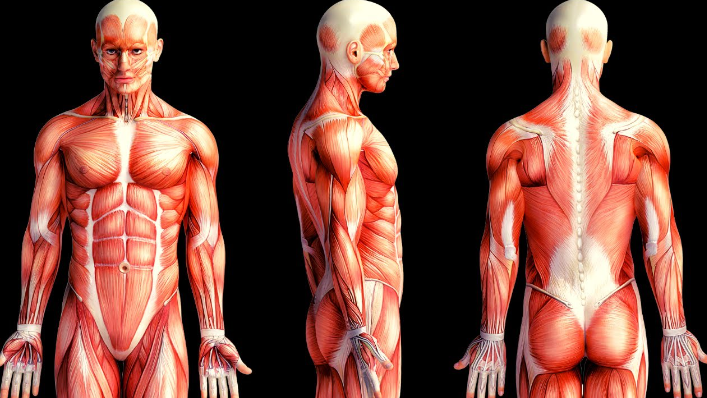Building genetic bridges, mathematical models in action

Hey, curious people of the universe! Today we delve into the fascinating world of genes, but don’t worry, you don’t need a PhD to understand it. Claus Kadelka, a genius biologist at Iowa State University, along with his squad of students, has been unlocking the secrets of genes and building mind-blowing mathematical models. What the heck are these models? Imagine that genes are like switches that can be on or off, a bit like the light switch in your room, only in this case, the switch decides whether a gene is active or not. So, basically, we are talking about Boolean networks that help us understand how genes work in our biological machine.
Kadelka tells us that these models are not just crazy theory, but show us how evolution has been like the conductor, shaping the decisions our cells make for millions of years. Think of it as the master chef mixing the perfect ingredients for an epic recipe! Now for the fun part: Kadelka draws on his sheet of paper a simple gene regulatory network; gene A produces something, turns on gene B, which turns on gene C, which in turn turns off gene A. It’s like a genetic air conditioning cycle! But don’t think this is a simple game, some of these networks have more than 300 genes. Imagine trying to understand that genetic feast!


And don’t think that all genes are super original, there are redundant genes that basically do the same job. How to have two best friends who always tell you the same thing! How did they arrive at these epic discoveries? Kadelka’s students used a magic algorithm to scan millions of biomedical items and find the ones that were coolest. They went through 2,000 items one by one and found about 160 models with about 7,000 genes on the dance floor. That’s full-fledged research!
Add to the mix Addison Schmidt, a senior computer science major and co-author of the paper, this guy, as a freshman, built an online database for the project. What a crack! Research is not only good for science, but also expands horizons. Schmidt says this project helped him improve his skills with the Python programming language and motivated him to pursue other research. That’s what we call a great trip! So guys, don’t be afraid to dive into the world of research, it can be more exciting than you think!





Responses